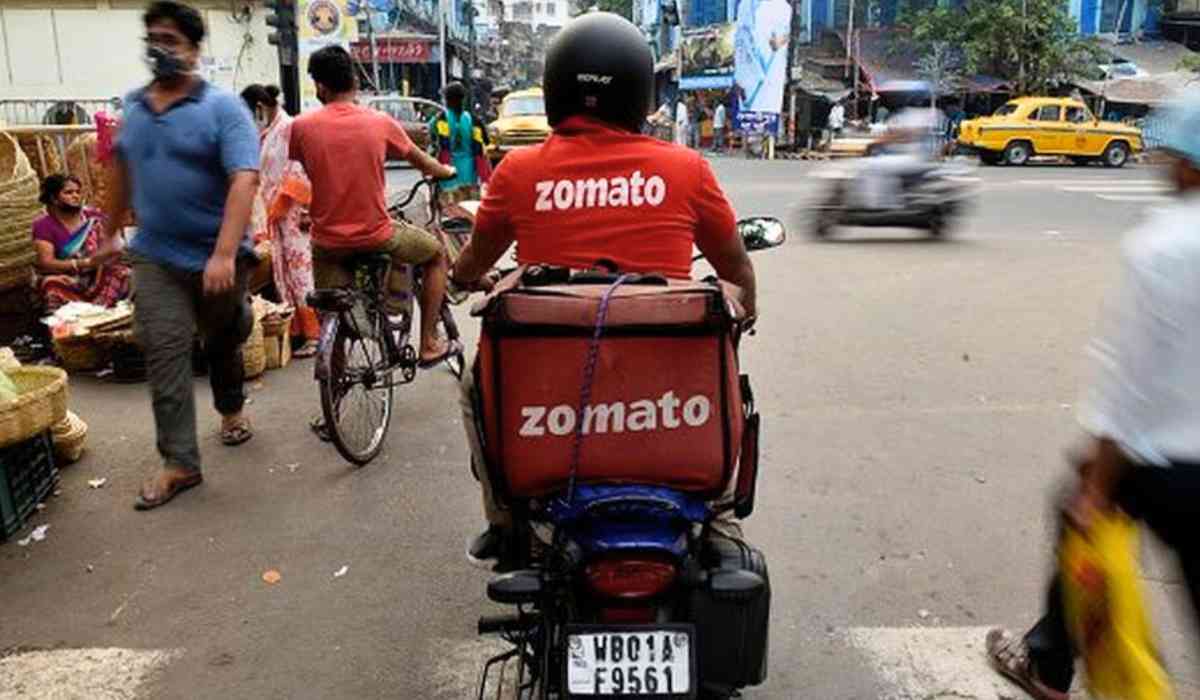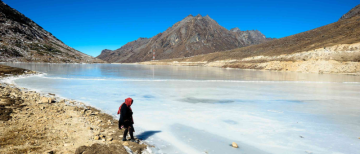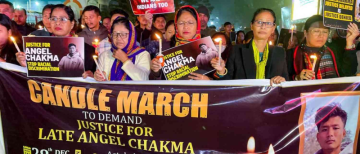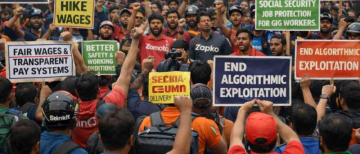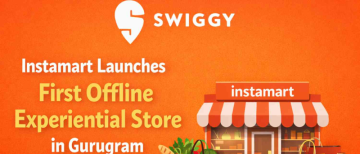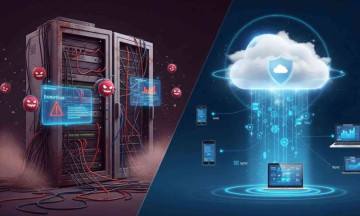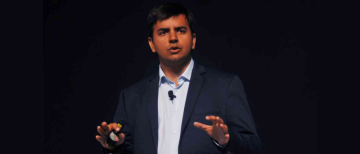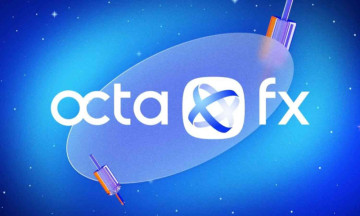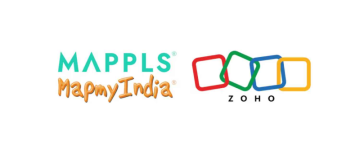Deepinder Goyal, an IIT Delhi graduate in Mathematics and Computing, co-founded Zomato (originally named FoodieBay.com) while working at Bain & Company.
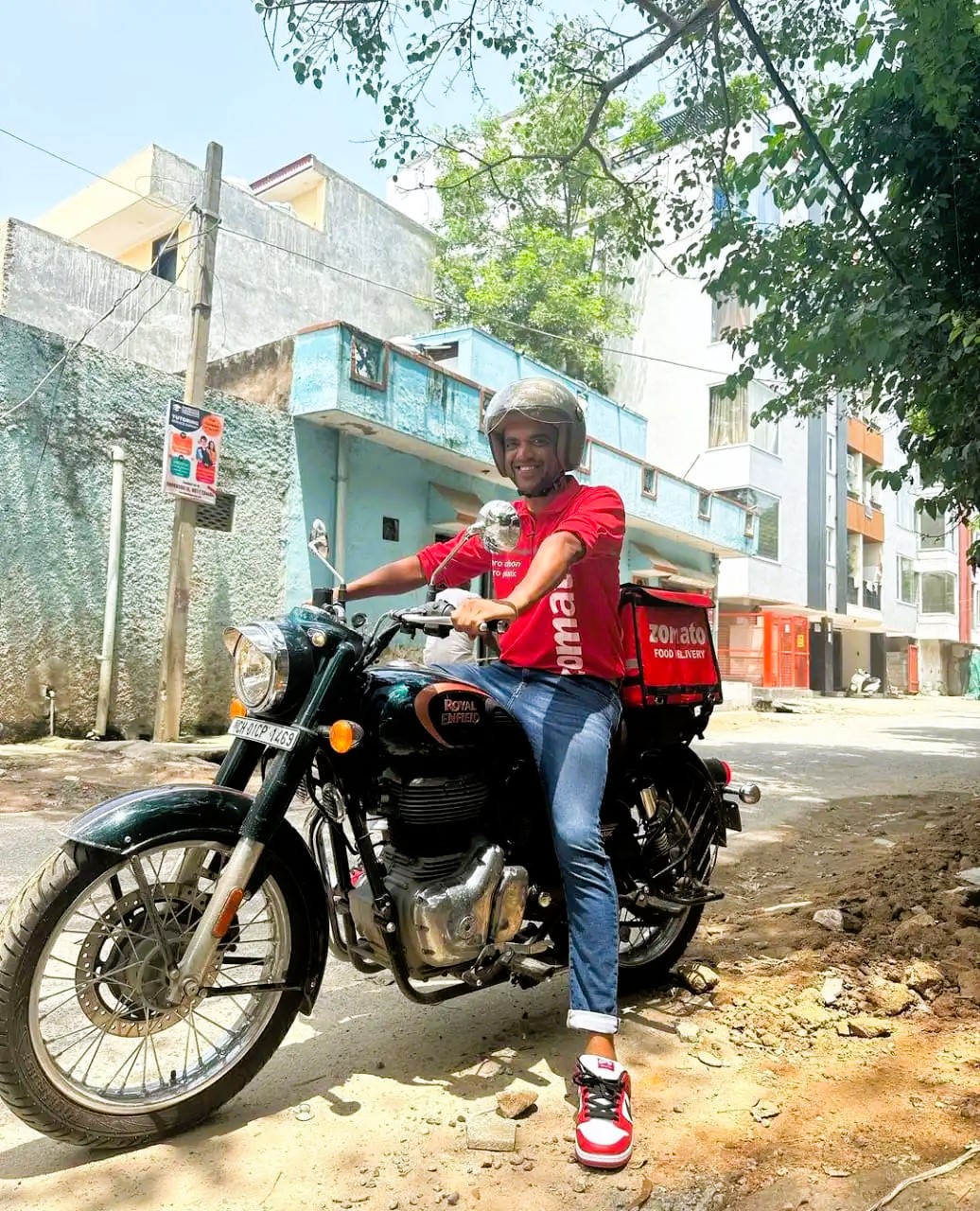
Zomato's Rise
With initial funding from Info Edge in 2011, Goyal quit his job to focus on Zomato's growth. The company quickly rose to prominence in India's food tech industry, becoming a unicorn in 2018.
Blinkit's Surge
Zomato's stock began its upward trajectory in 2023, driven by the strong performance of its quick commerce business, Blinkit. Blinkit has outperformed competitors like Swiggy Instamart and Zepto.
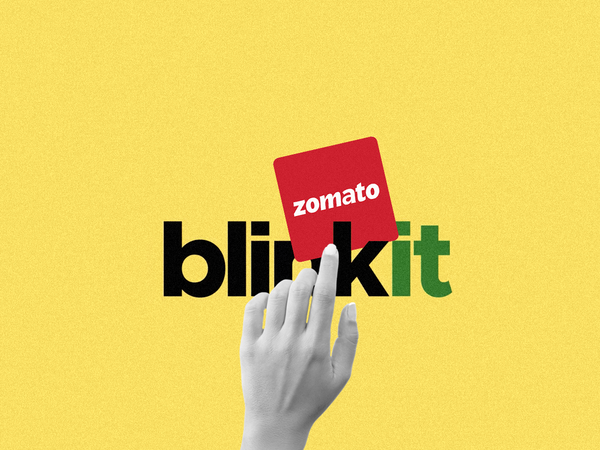
The Billionaire Milestone
Share Rally
Zomato's shares surged over 300% since last year, reaching a current market cap of ₹1.9 lakh crore.
Net Worth
Deepinder Goyal's net worth skyrocketed beyond ₹8,000 crore, making him India’s richest professional manager at just 41 years old. He owns 36.95 crore shares, equivalent to a 4.24% stake in the company.
Blinkit's Value
Blinkit, acquired by Zomato in 2022 for $568 million, now has a higher implied value than Zomato's core food delivery business. Its per-share value stands at ₹119, compared to ₹98 for food delivery.
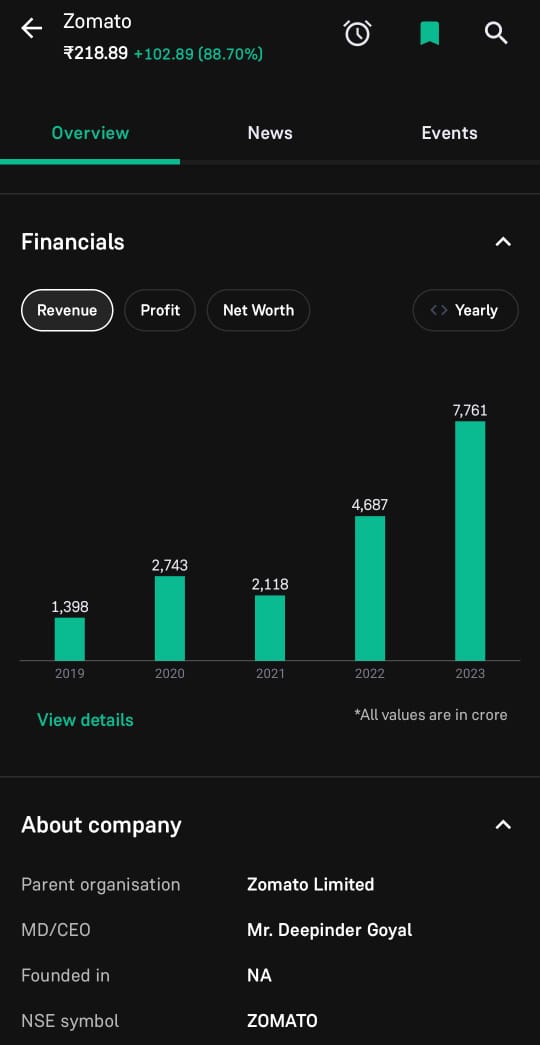
Zomato's 16th Birthday Roast: A Comedic Celebration with Serious Undertones
Zomato recently celebrated its 16th birthday with a unique twist: a roast featuring stand-up comedians. The event, while lighthearted, also brought to light some ongoing challenges faced by delivery drivers.
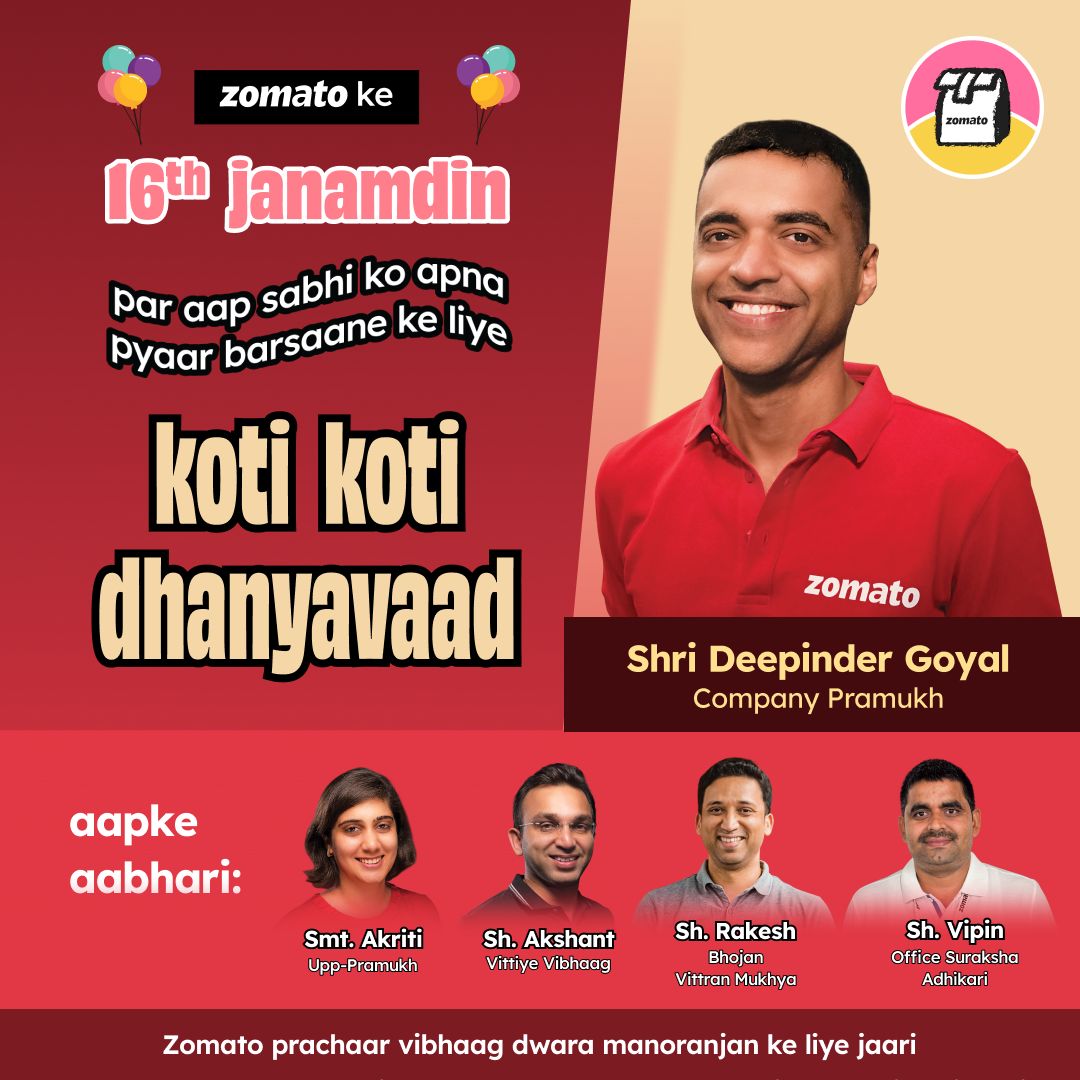
Platform Fees and the Cost to Drivers
Comedian Swati Sachdeva humorously critiqued Zomato's recent platform fee increase from ₹5 to ₹6. Jokingly thanking them for the stage, she added, "Bas ab mujhe is baat ka darr hain, iski bhi platform fee na katlo."
Reality Check: This seemingly minor change can significantly impact drivers' earnings, especially considering the long hours they work under challenging conditions.
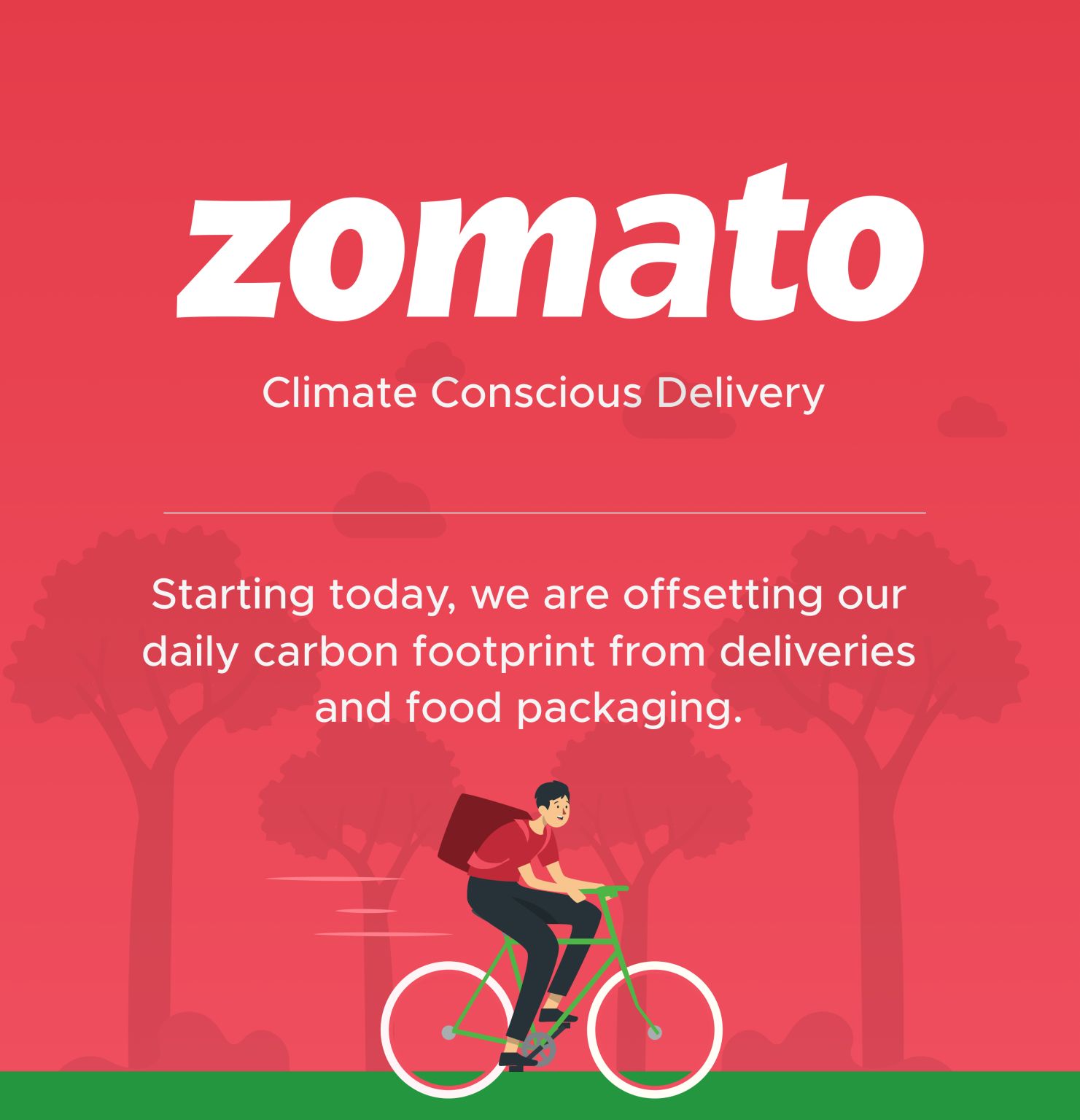
Rainy Weather Surge and Delivery Challenges
Sachdeva didn't spare Zomato's rainy weather surge either. She joked, "Inka product manager na top floor pe bhaagta hua jata hain, ki baadal aagaye chalo bhai baarish ka surge laga du."
Reality Check: During monsoons, delivery drivers face hazardous conditions—slippery roads, poor visibility, and increased risk of accidents. Yet, they push through to meet delivery demands, often without adequate compensation for the additional risks.
For more on Zomato, read: Zomato's 'PURE VEG' Dhamaka: From Desi Delight To Digital Dilemma
Handling Charges and Transparent Costs
Sachdeva singled out Blinkit's Albinder Dhindsa, expressing confusion over handling charges. "Albinder hain kaha aap? Blinkit mujhe samaj nahi aata. Delivery jab banda koi kar raha hain... toh pakdaye ga na wo khaana...toh handling (fee?) kaise matlab?"
Reality Check: The additional fees, such as handling charges, can be perplexing and burdensome for customers and drivers alike. Transparency in fee structures is essential to ensure fairness and clarity in how costs are allocated and justified.
Branded Tape and Company Priorities
Sachdeva playfully teased Zomato about their branded tape on all food orders. "Tum log apne phate hue note pe phi Zomato ki tape lagate ho na?" she asked, leaving everyone in splits.
Reality Check: While branding is important for company recognition, prioritising workers' welfare is crucial. Ensuring delivery drivers have access to basic necessities like clean water, rest areas, and medical care should come before aesthetic details like branded tape.
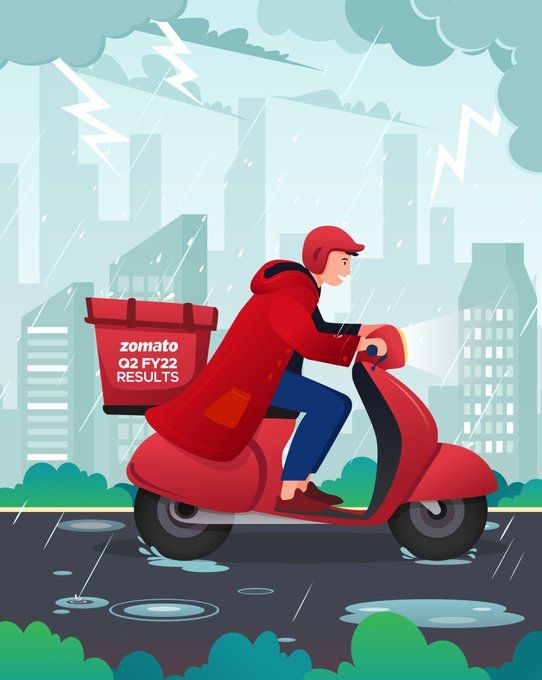
The Struggle of Food Delivery Drivers: Monsoons and Heatwaves
1. Monsoons: Battling Rain and Delays
- Increased Demand: The monsoon season often spikes demand for food delivery services. People prefer staying indoors due to heavy rains, leading to a surge in online food orders.
- Navigating Difficult Weather: Delivery executives face the challenge of managing more orders while navigating slippery roads and unpredictable weather conditions. They braved rain-soaked streets to ensure timely deliveries.
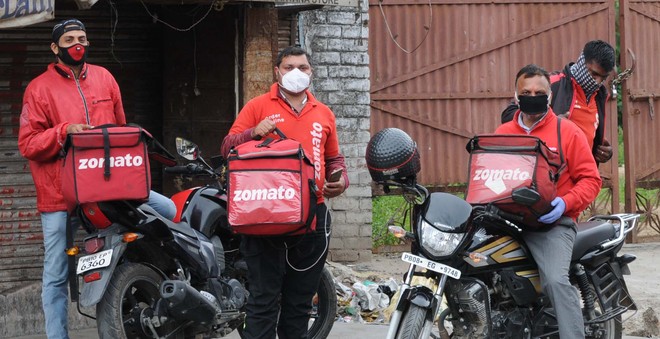
2. Heatwaves: Working Under Extreme Temperatures
- Heatwave Surcharges: Some companies have introduced surcharges during extreme heat. For instance, Grab app in Vietnam applies a heatwave surcharge when the local temperature hits 35°C (95°F).
- Limited Protection: Despite these surcharges, gig workers receive scant protection from extreme weather conditions. They often work long hours, waiting at street corners and outside restaurants for orders, with limited access to medical care.
- Health Impacts: As climate change brings more frequent and intense heatwaves globally, questions arise about the health impacts on vulnerable labour forces. India, with over 7.5 million gig workers, experienced heatwaves with temperatures of 45°C-50°C in April and May.
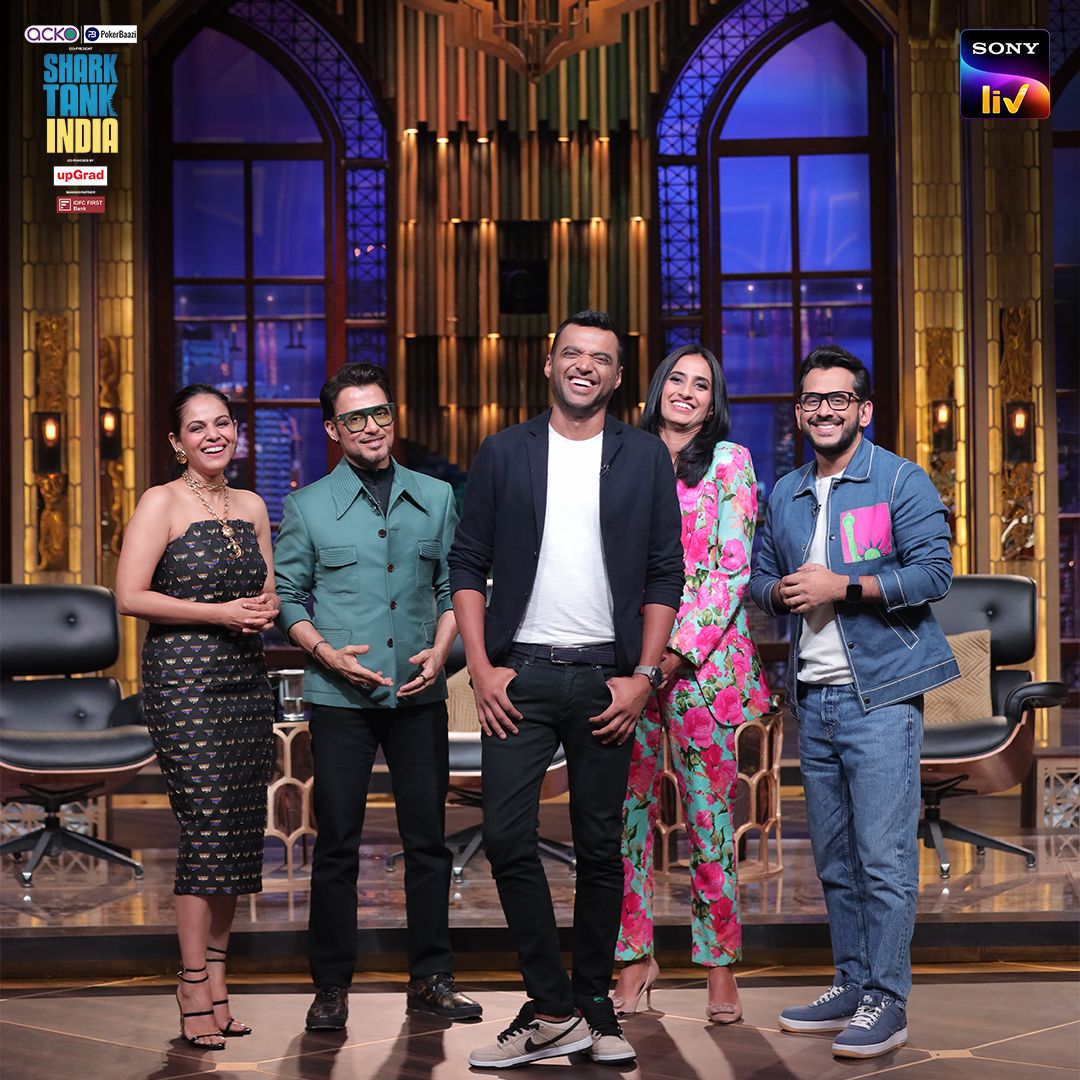
3. CEOs vs. Drivers: Stark Contrasts
- CEO Fortunes: While CEOs of food delivery platforms amass millions, delivery drivers struggle to make ends meet. Deepinder Goyal’s net worth soared beyond ₹8,000 crore, making him India’s richest professional manager.
- Inhumane Conditions: Drivers work day by day, regardless of weather conditions. Their earnings often fall short, and they lack basic benefits like access to medical care or even water during high temperatures.
It's time to recognise the plight of these essential workers who keep our food supply chain running. As we celebrate the success of companies like Zomato, let's also advocate for better working conditions and fair treatment for the drivers who make it all possible.
Inputs from Multiple Agencies
Media from multiple sources
Ⓒ Copyright 2024. All Rights Reserved Powered by Vygr Media.

